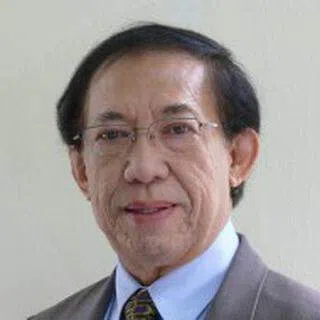Indonesia's potential presidential candidates and two superpowers
Washington and Beijing - like Indonesian voters - are getting to know more about Indonesia's prospective presidential candidates. How are each of them likely to move in terms of relations with the US and China, and what support are they likely to get in return?
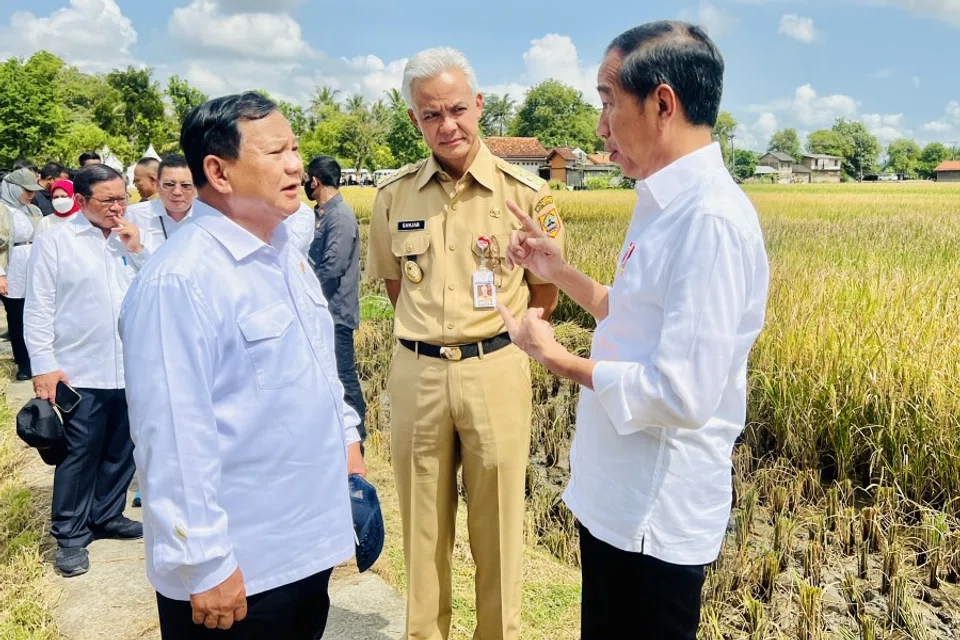
On 14 February 2024, Indonesia will hold its next presidential election. Major powers, especially during the escalation of the US-China rivalry, would want to have a friendly new president of Indonesia. It seems that Washington has begun to approach some of the potential presidential candidates to know them better, while Beijing has not made such moves yet.
According to recent Indonesian surveys, there are three presidential candidates whose electability is above 20%: Defence Minister Prabowo Subianto, governor of Central Java Ganjar Pranowo, and former governor of Jakarta Anies Baswedan. On 21 April, the Indonesian Democratic Party of Struggle (PDI-P) announced that Ganjar would be its presidential candidate. Meanwhile, Prabowo's Gerindra has nominated him as their preferred candidate while Anies was jointly nominated by the National Democrats (NasDem), the Democrat Party (PD, Partai Demokrat), and the Prosperous Justice Party (PKS) on 25 February 2023.
Weighing relative links to China and the US
Two of the three potential candidates attended American institutions: Anies Baswedan's doctorate is from Northern Illinois University while Prabowo, like several Indonesian military leaders of his time, attended the Fort Benning, Georgia for part of his military training. In contrast, Ganjar's degrees are from Gadjah Mada University (UGM) and the University of Indonesia. Anies and President Joko Widodo are also UGM alumni.
In terms of interactions with foreign countries and officials, [Central Java governor] Ganjar has the most limited experience given his position as a provincial governor...
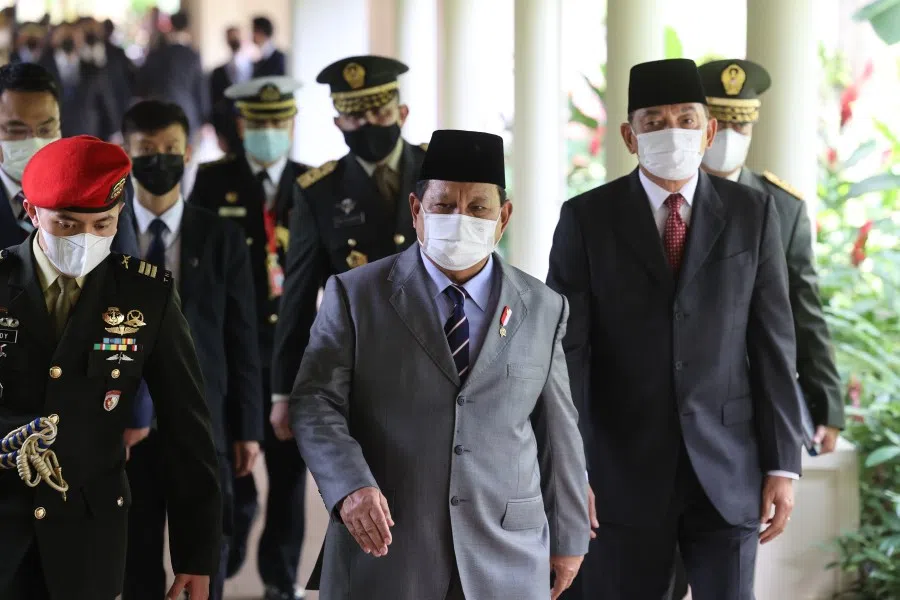
In terms of interactions with foreign countries and officials, Ganjar has the most limited experience given his position as a provincial governor: he lacks direct authority in conducting international affairs. Nevertheless, Ganjar has been interested in improving his province's infrastructure and has visited China to appeal to mainland Chinese entrepreneurs to invest in Indonesia, especially in the management of household and industrial waste. In 2018, China's Hebei Bishi Steel Group invested US$2.54 billion in Central Java. In 2019, Ganjar appealed to entrepreneurs from Fujian to invest in his province.
Prabowo has had a chequered history with the US given his earlier career. He was banned from entering the US in 2000 and 2012 because of his alleged involvement in human rights violations during the end of Suharto's rule. During the Trump administration (2017-2021), however, Prabowo as defence minister visited the US in 2020 after a special visa was granted to him. Prabowo has also visited China and established a good working relationship with the PRC defence ministry.
Anies has close connections to the US and the Western world, having studied in Maryland and Illinois for graduate school and having toured Europe as education minister. As governor of Jakarta, he visited three European countries to study the possibility of cooperating in mass-rapid transit development. After stepping down as governor, Anies was invited to the UK and the US to give lectures.
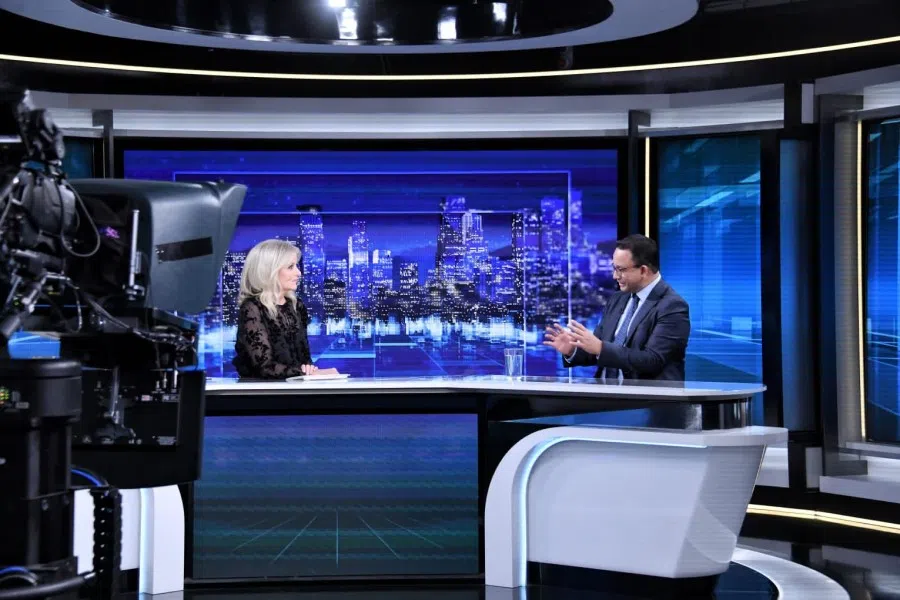
Anies, with NasDem's support, has started unofficially campaigning since October 2022. Compared to Prabowo and Ganjar, whose media opportunities tend to revolve around domestic audiences and events, Anies has had more engagements with Western officials and leaders after his governorship ended. His urbane demeanour and fluency in English are undoubtedly an asset in this regard.
US sizing up lesser-known candidates
It appears that the Americans are trying to get a better sense of Ganjar and Anies as prospective candidates and as leaders. Prabowo is a quantity that is much better known, by virtue of the latter's long career, first in the Indonesian military and later in government.
... the [US] ambassador's visit might have been "a symbol of support for Anies". Whatever the case may be, ten days after this meeting, PKS officially endorsed Anies as its presidential candidate.
The US ambassador to Jakarta Sung Yong Kim had on 13 October 2022 (ten days after NasDem declared Anies as its preferred presidential candidate) visited Ganjar in Semarang. The meeting seemed to be low-key.
In mid-November 2022, Anies was invited to the Bloomberg CEO Forum to speak about his experience as Jakarta governor. As the event took place on the sidelines of the G20 Summit, US ambassador to Jakarta lunched with Anies; the latter revealed on social media that they discussed Jakarta and Indonesian politics.
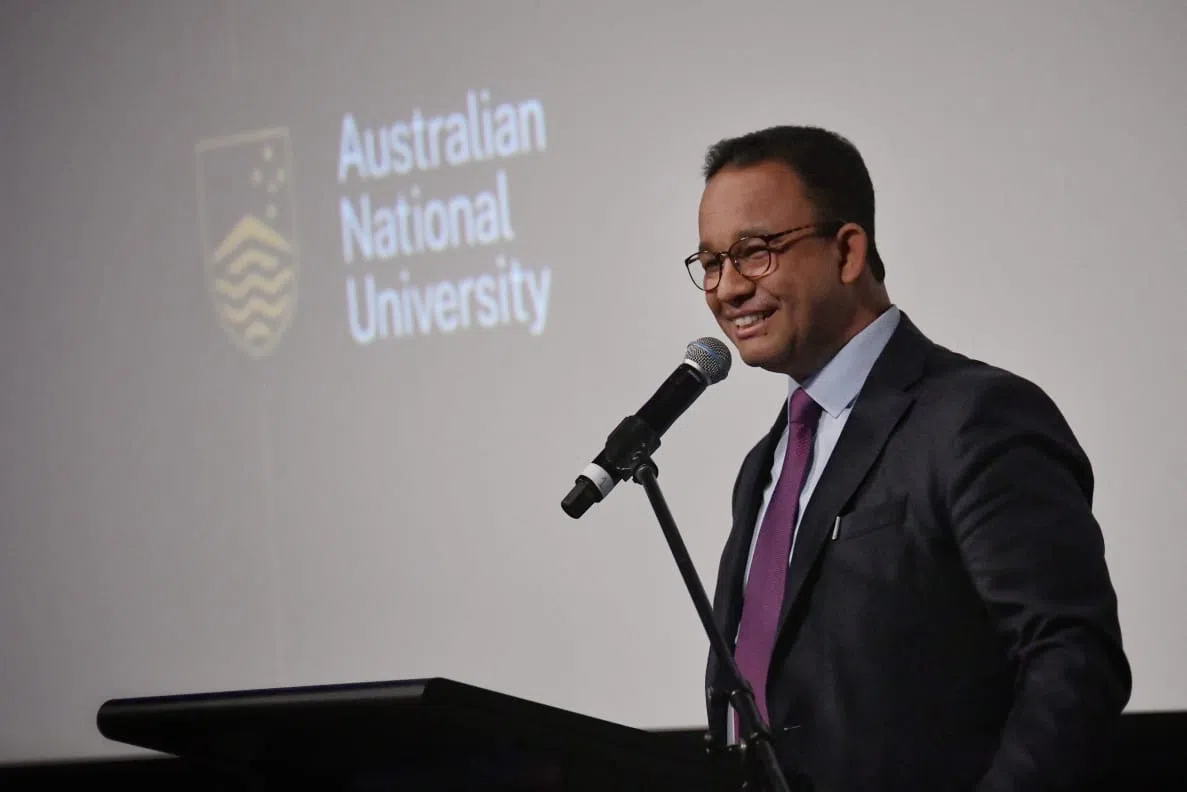
Interestingly, on 15 February 2023, US ambassador Kim visited PKS headquarters in Jakarta, saying that he wanted to get information on human rights and democracy in Indonesia. The PKS leadership welcomed his visit, calling it a normal "friendly visit". Notably, the Islamist PKS has been critical of the US's policy in the Middle East and on Islam. PKS leader on politics and human rights, Al Muzzamil Yusuf, noted that the ambassador wanted to know more about the process of democracy in Indonesia, including the 2024 presidential election. Al Muzzamil declined to answer if they discussed Anies specifically.
Washington and Beijing would want a keener sense of each frontrunner, if only to know where the next Indonesian president will stand on the regional and global stage.
One commentator, Dedi Kurnia Syah, executive director of Indonesian Political Opinion (IPO), speculated that an objective of the meeting was to talk about Anies' candidacy, as PKS had not (at the time) officially endorsed Anies as its presidential candidate. A Republika report conjectured that the ambassador's visit might have been "a symbol of support for Anies". Whatever the case may be, ten days after this meeting, PKS officially endorsed Anies as its presidential candidate.
It is likely that more of such meetings could happen as the 2024 race shapes up. Washington and Beijing would want a keener sense of each frontrunner, if only to know where the next Indonesian president will stand on the regional and global stage.
This article was first published by ISEAS - Yusof Ishak Institute as a Fulcrum commentary.
Related: Winning Indonesia over: US and China seek Indonesia's support in Southeast Asia | Prabowo Subianto: Indonesia's controversial presidential candidate | Anies Baswedan: Indonesia's potential president adept at identity politics | Ganjar Pranowo: Indonesia's potential presidential candidate stuck between a rock and a hard place | Indonesian elites and the general public have different views of China
